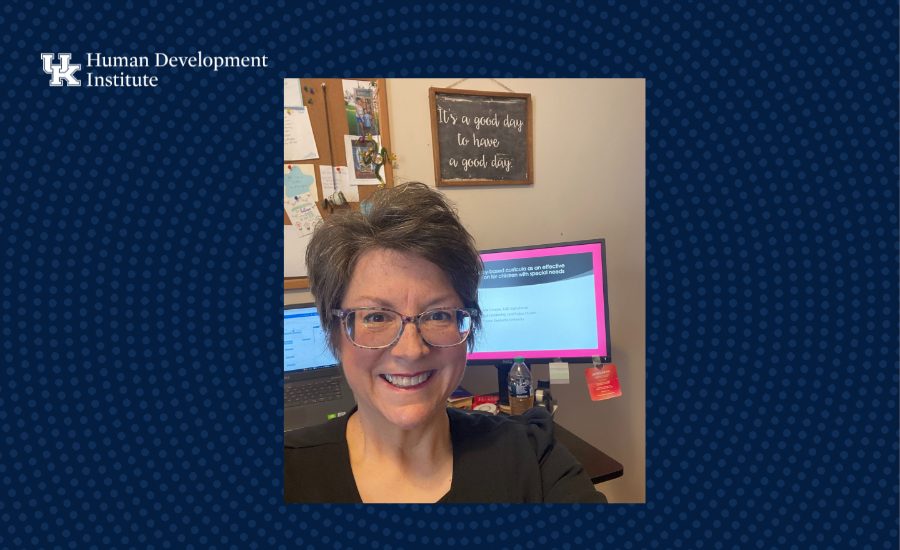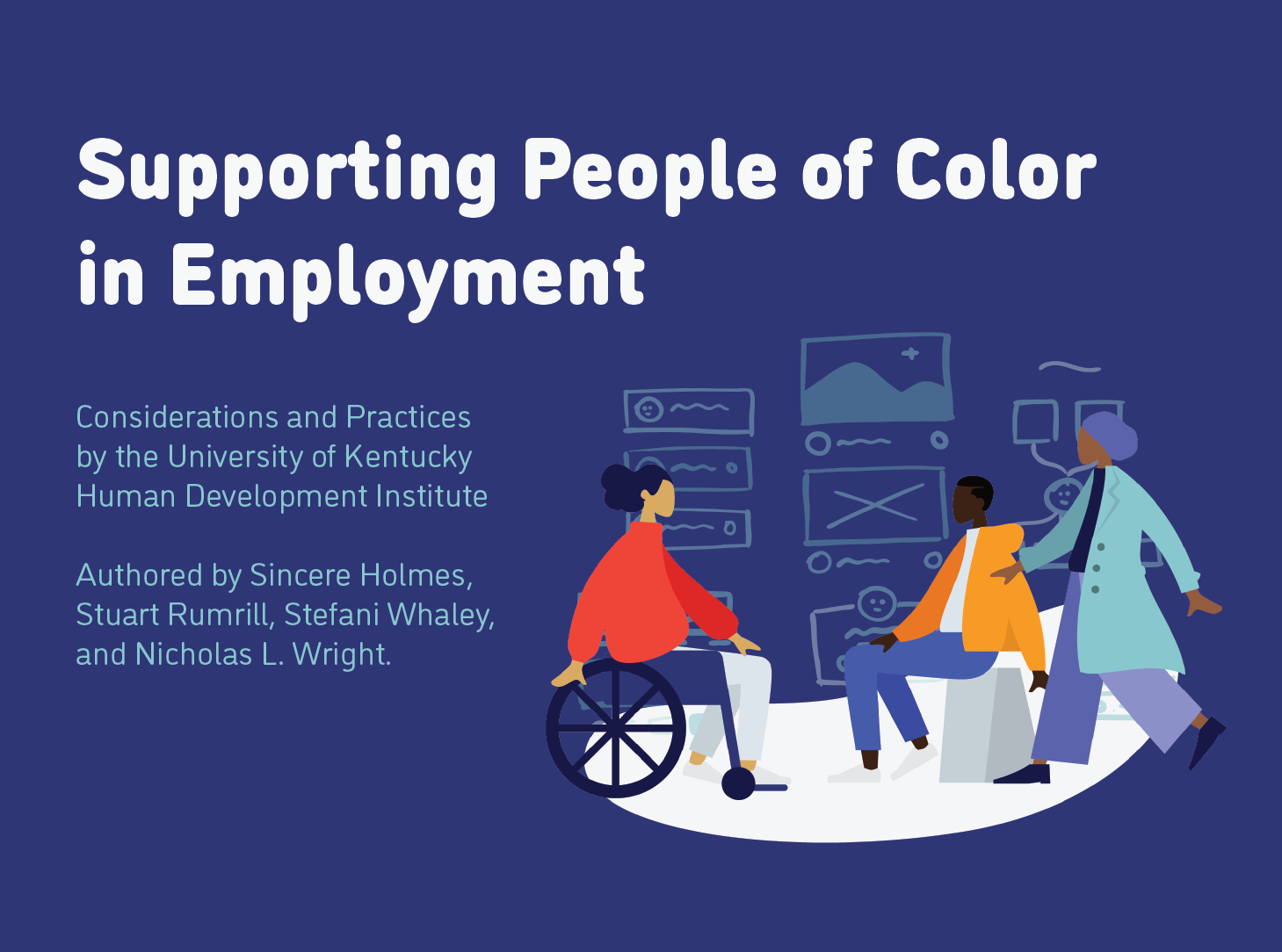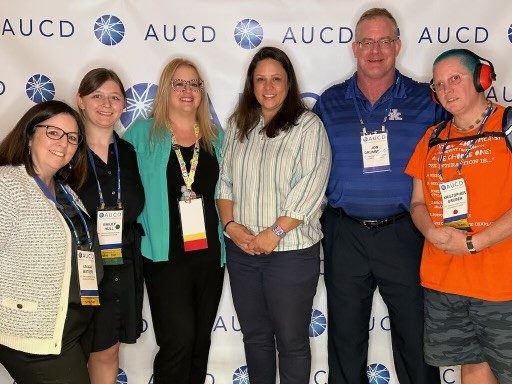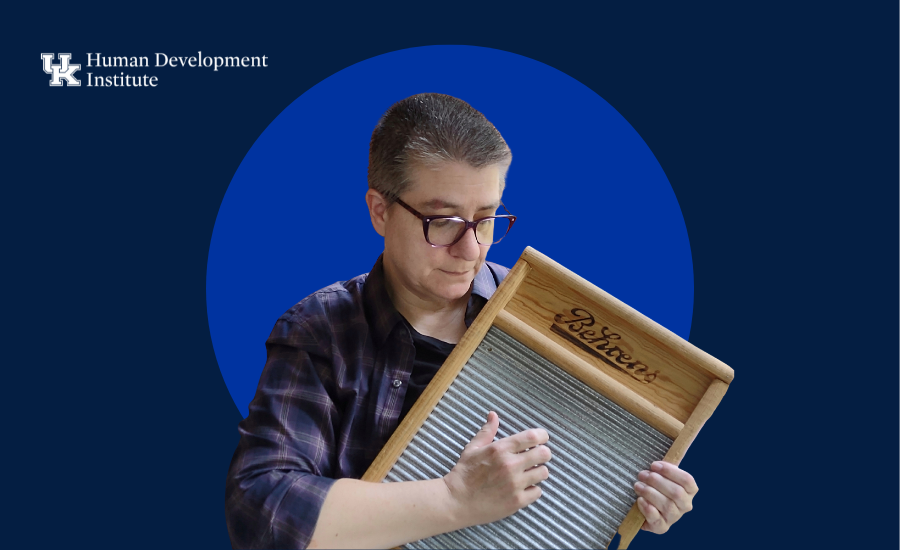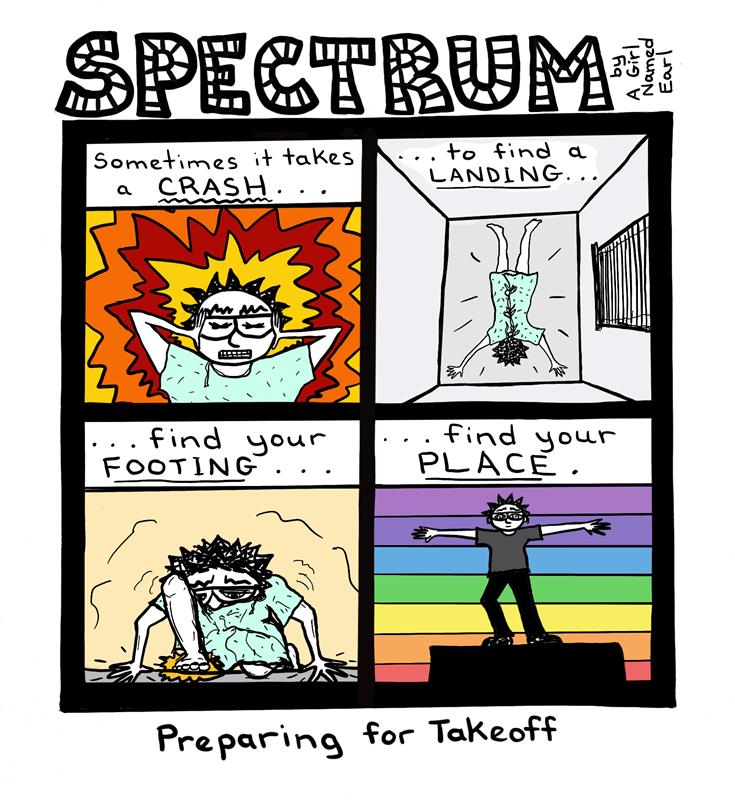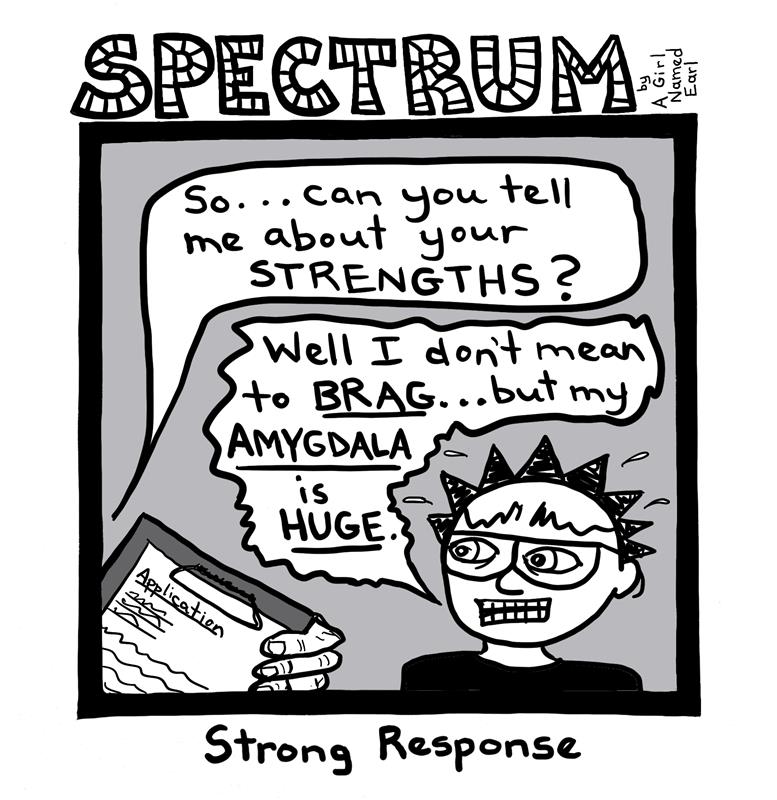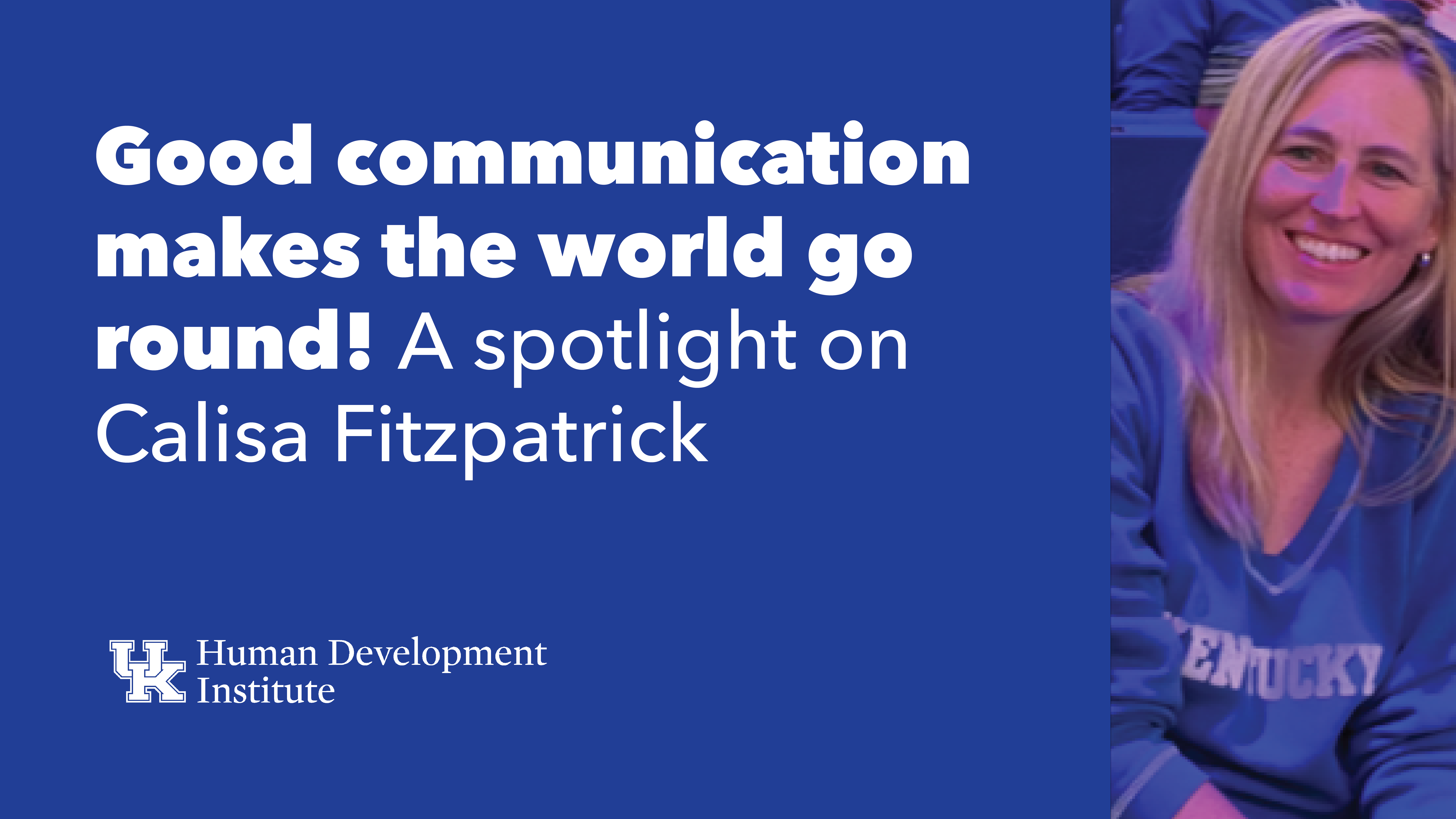After earning her associate’s degree, Angela Cooper decided it was enough…until she wanted to learn just a bit more.
She kept learning just a bit more again and again until she added a Dr. in front of her name.
Cooper is a regional childcare administrator for HDI’s Child Care Aware program. Her program provides technical assistance to childcare providers throughout the community. She oversees 18 counties in the south central and southeastern parts of Kentucky. But before all that, she worked in early childhood education, working at a Lexington corporate childcare program. She moved to Somerset in Pulaski County, and started looking for ways to advance her position.
“I had nothing but a high school diploma when I started there,” Cooper said.
A supervisor named Amy Booth who had a connection to HDI took Cooper under her wing, connecting her to a program that would help her pay for it and helping her work it around her schedule. In 2002, Cooper earned a Childhood Development Associate. It only took a semester. She intended to start small. She didn’t end there.
“I just got bitten by the bug,” she said. “I went back in, talked to my supervisor, and said ‘Hey, I think I kind of like this.’”
She applied at Lexington Community College and earned her associate’s in 2004. She thought, once again, that would be the end of it. Then she earned a bachelor’s, and then a master’s by the time she started working at HDI, and now, recently, her PhD, finishing a 21-year journey.
“I was always interested in children and how quickly they would learn concepts,” she said. “Their mind was like a little sponge. Every child, no matter what child was in your classroom, if you could figure out how to meet that child where they were, you could help them develop into the person they were going to be.”
Before she journeyed down the path to her PhD, she had already seen what this could look like in action, but as she furthered her education, she saw the effects her education was having very quickly.
“Once I started going to college and sticking theory to the practice, it opened a whole new world for me,” she said. “I wanted to take everything I was learning back into my classroom. I wanted to introduce new concepts, I found new ways to lesson plan, I found new ways to teach, I understood more about developmentally appropriate practice with children and why we teach the way we do…It was just a job before day to day before I started understanding the why to my job.”
Now that she’s reached the highest echelon of education, Cooper has no intention of slowing down or resting on her laurels. She’ll take a break for the holidays, but then it’s time to figure out what comes next.
“It’s left me relieved that I am finished, yet energized in what can I do now,” she said. “Where can I go with this? What else can I study? How can I answer the questions that this research brought about?”
Cooper’s education appears to have paid off. Her region has consistently high quality ratings, and held those even during COVID. And in her position she gets the chance to mentor other service providers – which not only benefits them, but the community beyond as well.
And she also gets the chance to mentor and cultivate a strong staff – something her own mentor did for her.
“I had a supervisor who was a cheerleader. She saw in me what I did not see in myself and really encouraged my growth and development,” she said. “She built a foundation for me and then I decided to keep going step after step.”
Outside of her career and academic pursuits, Cooper is an avid hiker. She’s hiked many of the trails in the Big South National Forest and Daniel Boone National Parks. She’s putting it on hold for now to spend some time with her new grandchild this holiday. She also summed up her core philosophy in three words: family, kindness, and inclusion.
“Kindness is free,” she said. “There’s not a reason in the world not to be kind to anyone or anything. We are all just here on this big green and blue sphere floating around for the good of each other…I’m just like a big old mother hen. I just want to gather everyone and everything under my wings.”
